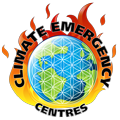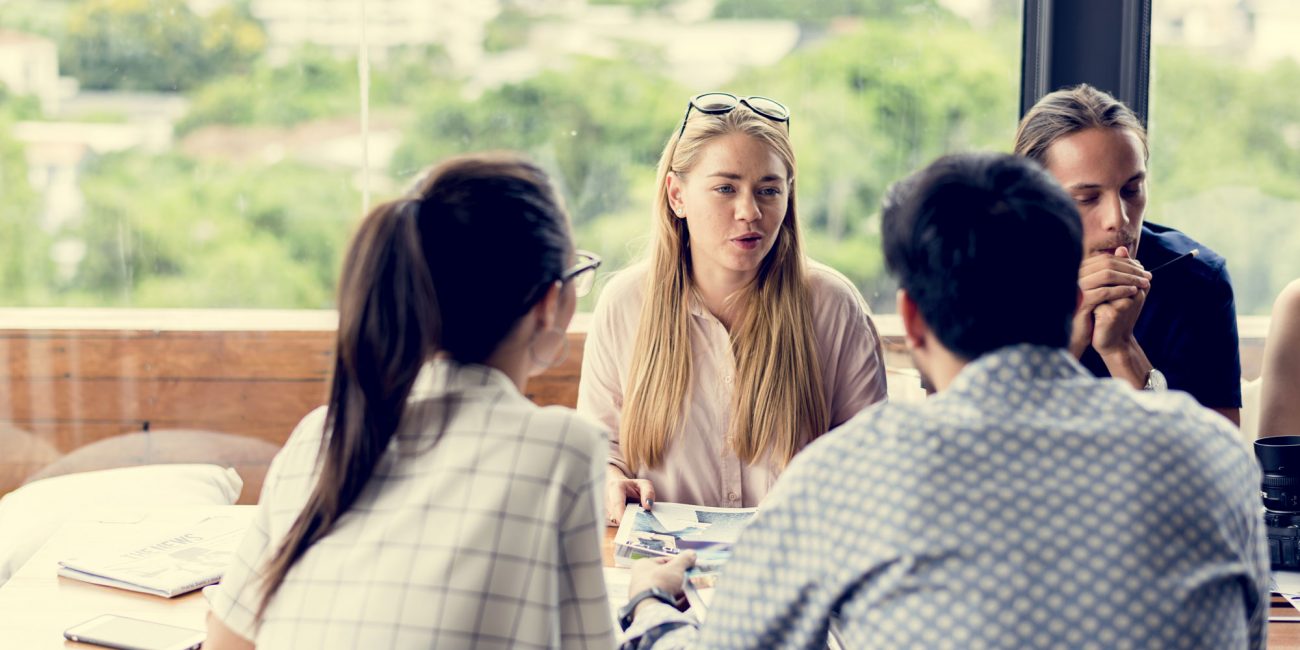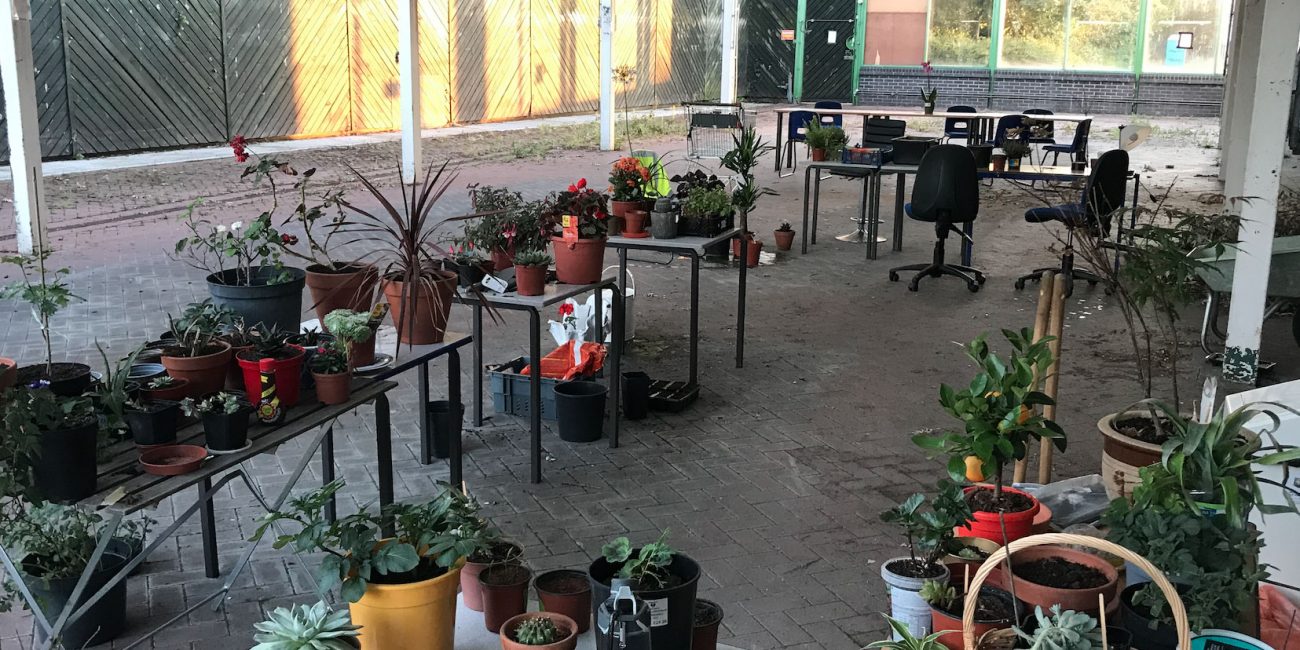STEP 6: WORKING GROUPS
Set up working groups as soon as possible, this makes the whole project work more efficiently and effectively. Giving a strong foundation.
Roles should be revolved every 6 months – 1 year to help train up new people and replacements and create project resilience – (more people can do each job and train others. There needs to be enough continuity of time for people to stay in a role – so maybe 1 year in certain positions and 6 months in others) This helps to mitigate for power.
WRITE A SET OF CARETAKER GUIDELINES / VOLUNTEER AGREEMENT
What is expected from a community centre volunteer / project caretaker.
- to be welcoming and friendly and work in a spirit of cooperation. To explain to people how the project runs, how decisions are made, the working group system, where things are and how they can get involved. When meetings or events are happening, some of the principals and values and environmental ethics of the CEC.
- To do Health and Safety, Fire marshall training, to help keep the place clean, tidy and safe.
6.1 Form a working group decide a coordinator and Create a time each working group meets. Publicise the time and place and contact person / details.
6.2 Groups such as
6.3 Events– booking timetable – fundraising
6.4 Admin – Legal – Accounts – paperwork – volunteer coordination – self organising systems – crew training. Inter working group co-ordination – income streams
6.5 Media and Messaging – Outreach Promotion marketing – networking – social and mainstream media -publicity
6.6 Sustainability / environment – building in sustainability into all aspects of CEC working group operations. Eco ethics – providing centre groups with a list of eco friendly / sustainable providers / production links. This working group formulates a plan for the gradual implementation of renewable energy supply to the whole building floor by floor. Wind, solar eg https://www.bimblesolar.com bike power https://www.instructables.com/id/How-To-Build-A-Bicycle-Generator/ , energy gym https://www.tgogc.com
6.7 Art / Decor – art and design of project graphics and decor etc. Making a creative space with multi medium arts equipment within the centre to encourage creativity as a regenerative process for all project users of all ages.
6.8 Tech – Website, social media, comms, cyber security, safeguarding digital assets, Free internet cafe set up using recycled computers.
6.9 Regen – crew welfare /wellbeing – regenerative culture – weblink
6.10 Catering – VEGAN Cafe/ Food and kitchen SUSTENANCE – income stream and promotion of vegan sustainable diet.( info and displays)
6.11 Repairs and maintenance- Building assessment, compiles repairs list – structural, electrics, plumbing, HNS, Fire safety
6.12 Council Liaison – with council officers, depts and local councillors
6.13 – Gardening / permaculture and front of house, roof garden, window boxes. Local food production. Vertical farming.
6.14 – Fundraising
6.15 – Volunteer coordination
6.16 Future Democracy working Group
We aim to link up Future Democracy Hubs into every CEC. This is aimed at building whole community engagement and empowerment with peoples and community assemblies. The Future Democracy Hub is running a ‘Community Transformers’ program, a peer support network of people dedicated to community organising to build better and more sustainable neighbourhoods. Chances are that if you’re working towards a Climate Emergency Centre then you’re exactly the right person for the program! Join using this link. And if you’d like the support of a close team of 8 other Community Transformers in a ‘Hive’ (like your community organising family) then please complete this form and we will match you with your hive.
Community Transformers is part of a broader project, Trust the People, which is a collection of best practice from radical democratic movements from all over the world. Trust the People aims to spread this knowledge and learning.This is about us bringing power back into communities so we can build the societies that we need.



